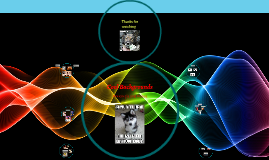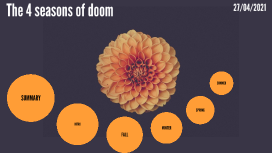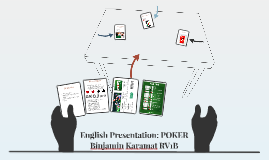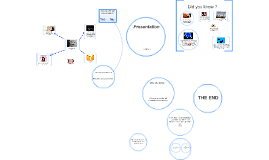Cool Presentation
Transcript: Presentation Maybe ;) Yes No She was a man few days ago but this is in the past for her. Mary's mother has 4 daughters Did you know ? Now you know ! This was unconfirmed information from internet! In 1647 the English Parliament forbids Christmas Upon the departure of the Titanic on board there were 36,000 apples 38,500 kg. Meat 40,000 eggs and 1,000 bread. This is food for crew and passengers for 7 day trip Now after this presentation you must be able to tell what is the luminosity of the sun. So? Before placing man in her bed, the Russian Empress Catherine II the Great he is subjected to a sex test in "committee" of six ladies.That's how she checked does he have a syphilis. Did you like our presentation ? This is Mery. Let's change this page as fast as we can ? Mary: Get back!!!! who is the fourth daughter? Now let's test your brain. The smallest book in the world is a size 2.4 to 2.9 mm. Issued in Leipzig and contains the alphabet in the form of drawings. I am sorry, but no one care !!! A: 3,127×10^3 W The computing power of the human brain can readily be increased by 689%, as the drill very small holes in the brain, and is passed through these capillaries. This will reduce the temperature of the "bioprocessor" 1.7 ° C as a result of heat exchange between the blood vessels and the surrounding air. This is May.She is pretty beautiful,isn't she ? B: 2,1368×10^23 W April is the little sister. She is an Asian but her family really loved her except the father because he is racist. This is June. She looks ... black. Her family named her June because this is the hottest month and they hoped she is just burned by the sun but it's not true.She is black. The father of family don't like her too (it's obvious. He is a racist !). The answer is none of the above, you are idiots. Sorry ;c THE END A fall from great heights cats survive because they land on the balls of their feet that are soft and soften the blow. There is evidence that cat has survived a fall from a 20 storey building, had only minor injuries.

















